Somewhere in between separated and integrated lies WJ’s original high-achieving program, APEX. In this rigorous program, small classes, high stress levels and academic pressures have manifested themselves in perceptions and preconceptions between those who are involved in APEX and those who are not. For many teachers and students involved in the program, these perceptions can seem unwarranted and unfair.
“A lot of people who aren’t in APEX think we’re nerds who don’t have lives and who just kind of study all the time,” said senior APEX student Carl Adams. “For some people, that is true. But for most of us, not so much. Basically, we’re just normal people. We do sports, clubs, anything like that.”
And it’s not just impressions of academic over-involvement that some feel unrightfully mar the reputation of APEX. Students in APEX travel with the same academic group in certain classes over their four years at WJ. Allegations have arisen that this “cohort,” as English teacher and APEX coordinator T.G. Finkbinder describes it, fosters an atmosphere of exclusivity. In response, APEX junior Tyler Huyser says he finds it instead fosters friendships.
“When you go into APEX, one of the main things they tell you is you’ll meet a lot of close friends,” he said. “Sophomore year, I was really cynical about it. I [thought that] all these people were weird, and I [didn’t] want to be friends with them. But I made friends with other people in APEX without realizing it.”
Huyser adds that, in addition to friendships he has made within the APEX sphere, he does not hold any reservations about making friends outside of the program. This lack of discrimination also rings true for Adams, who attributes this somewhat to the steady intermingling of students from inside and outside of APEX.
According to Finkbinder, the steady integration of APEX and non-APEX students is an intentional feature of the program. Once students in APEX are in the AP classes that they have elected to be in along with other, non-APEX students, Finkbinder finds that “those lines of distinction are blurred and aren’t as significant anymore.”
“There are plenty of smart people in APEX,” said Adams. “That doesn’t mean that all the smart people are in APEX or all the dumb people aren’t.”
Freshman APEX student Tenni Idler agrees, calling APEX a “choice” and adding that she has plenty of friends outside of the program.
But according to social studies teacher Nathan Schwartz, this choice may not be for everyone. Schwartz finds that there are two types of APEX students: those who pick up new concepts quickly and can deal well with the fast-paced curriculum and heavy workload, and those who might be equally intelligent, but do not possess the skillset to adapt to the APEX program.
“Those students kind of work themselves to death,” he said.
Schwartz also says that a high level of pressure and competition between students is not always healthy. Huyser finds that the emphasis that APEX places on the humanities might not be well-suited for students who plan to focus on math or science.
In addition, former APEX student Eli Gerber found that, during his time in APEX, the competitive nature of the program seemed to dilute what he feels ought to be the main purpose of school: learning.
“In the end, education doesn’t really make a difference,” he said. “It’s just what’s my GPA, can I push higher, why did I fail that assignment, how can I ask my friends to help me – not why did I not understand that concept. It turns learning into regurgitation, which is not what school is about.”
The brand new accessibility of AP NSL Government to non-APEX freshmen has spurred further speculation about the necessity of the program. Even some APEX students, such as senior Kate Cyr, question APEX’s relevance in light of recent events.
“It was good for us because we could have that advantage, but there’s no point for freshmen to do [APEX] now,” she said.
Despite these downsides, APEX senior Grace Hsu feels that APEX has had an overall positive impact on her academic life.
“This sounds really cheesy, but APEX is the AP experience,” she said. “You stay with the same core of people for three years and you see how everybody develops as they grow into less irritating people. So when it culminates in the Philosophy seminar, it is definitely an interesting experience to witness how peoples’ views and values have changed in a few years.”
Hsu adds that APEX also looks great on resumes and in college interviews, while Huyser feels APEX is an excellent preparation for college courses.
“Anyone can take APs, but APEX goes one step above,” he said.
As for whether or not APEX is beneficial beyond college, Adams predicts that the work ethic developed and perfected in APEX will help in any job arena.
For anybody who has reservations about the program, Finkbinder is ready to take them up on a challenge.
“I know that people have mindsets about what they may think the program is,” he said. “I just say, come and talk to me or come and look at an APEX class, then. Because I think people have preconceptions about stuff simply because they’re not really aware of the true situation.”

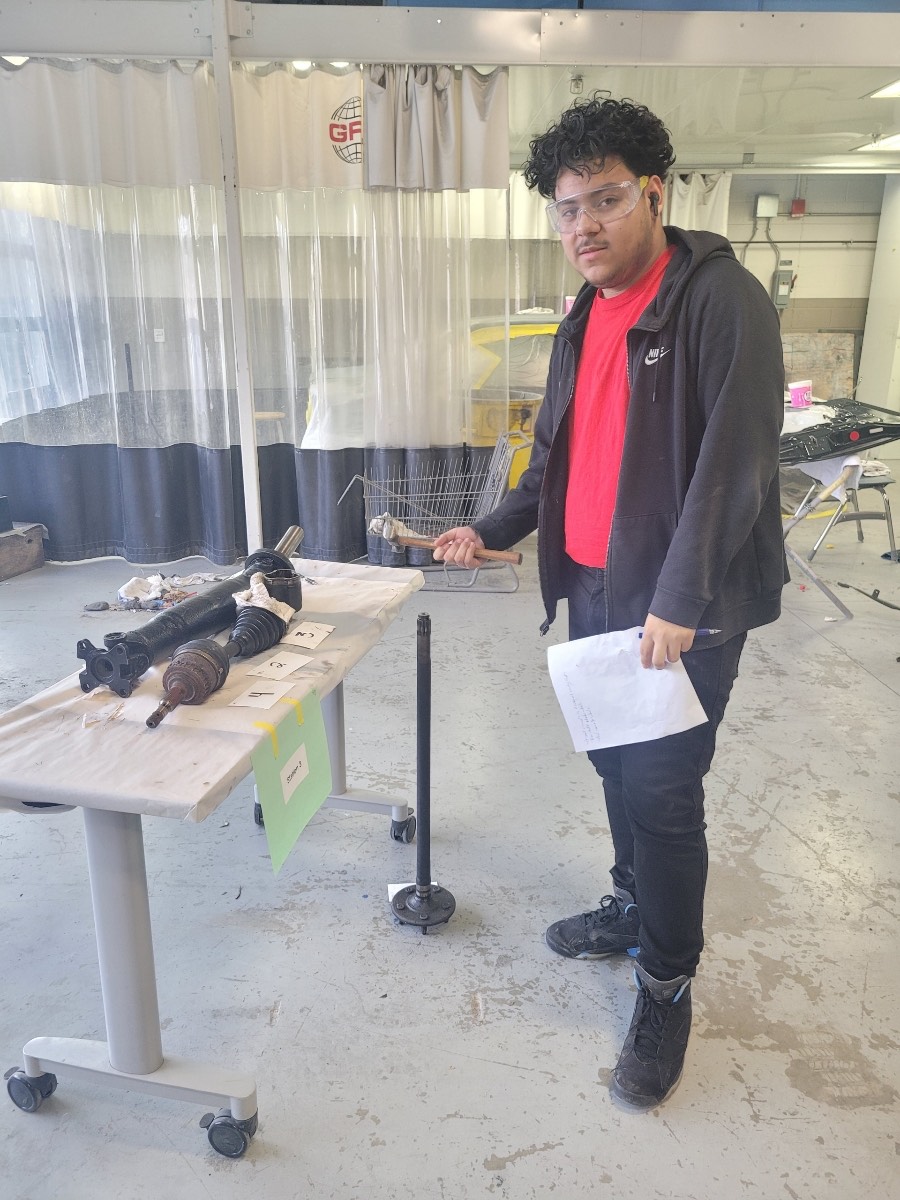
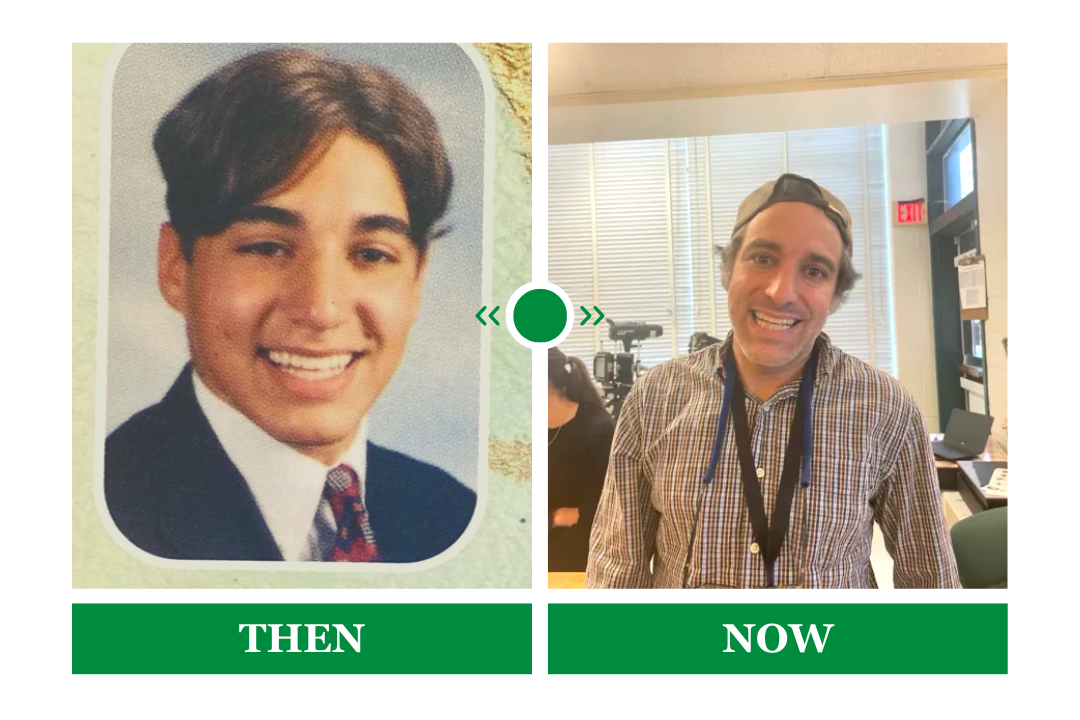

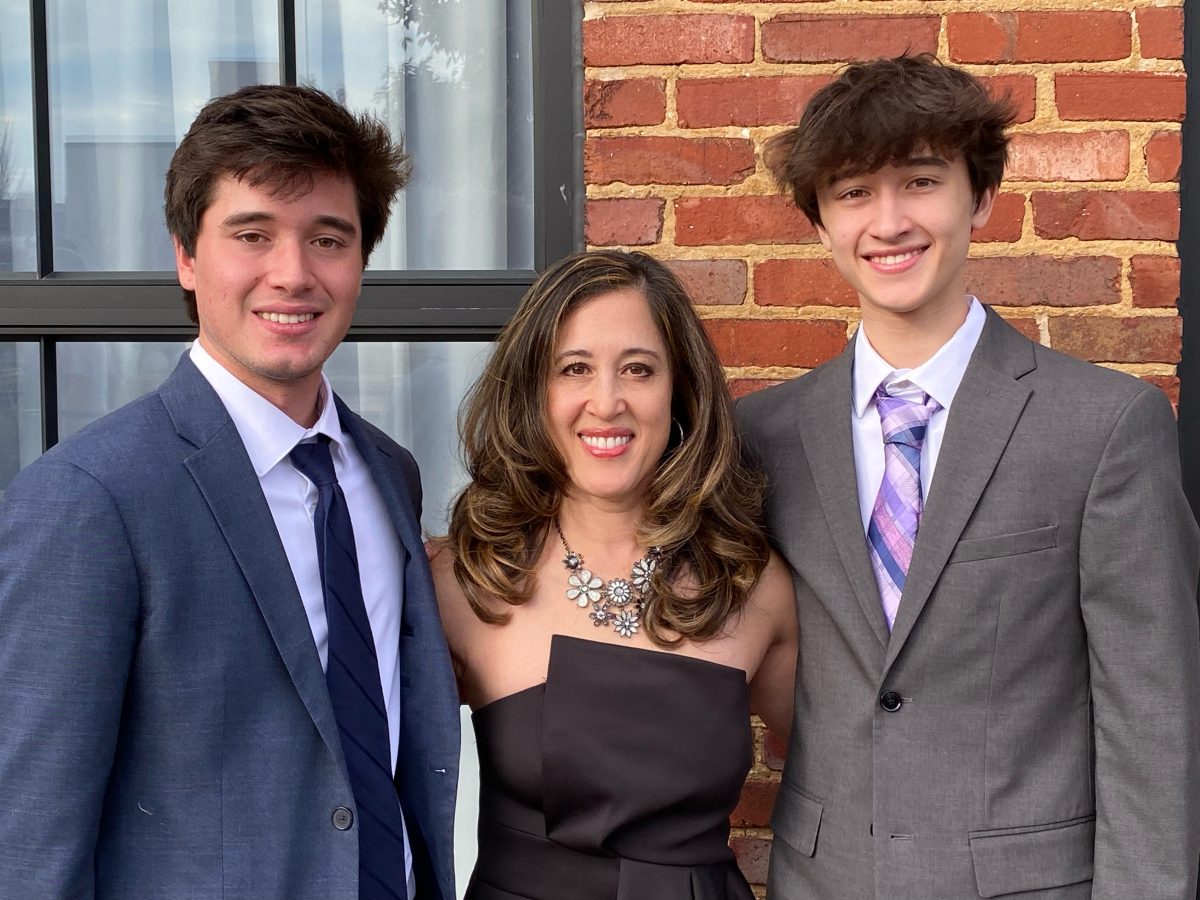
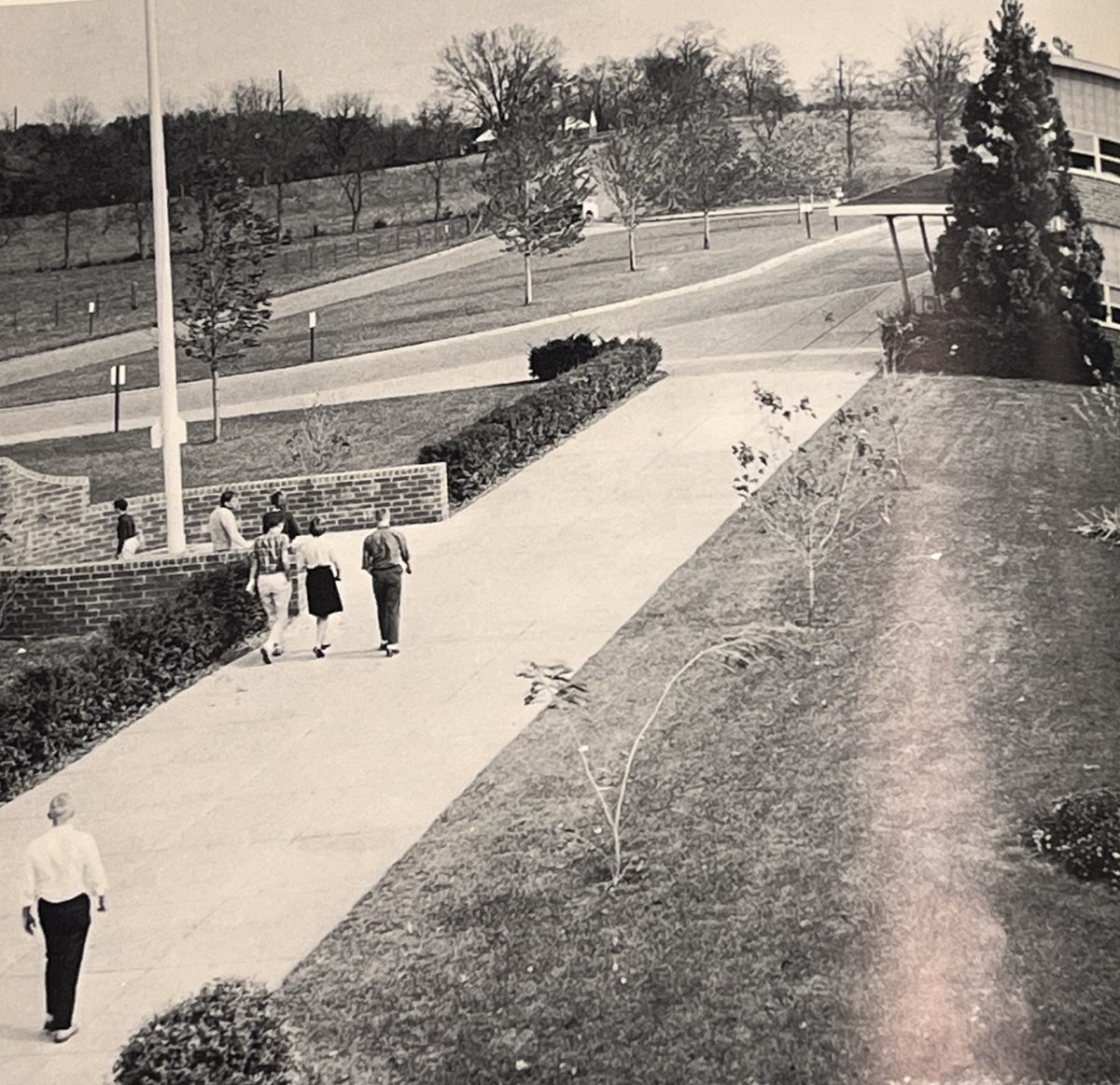

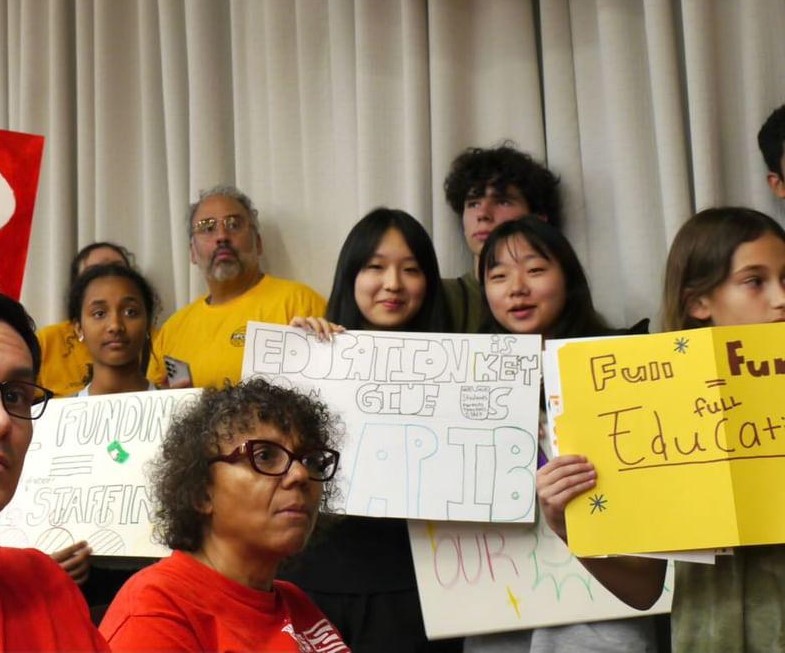
![Senior Tiffany Gibson has dinner with her parents and her nine year old sister. Gibsons family has been her largest source of support throughout her treatment process.
[My dad] helped me through it. He was the one who’d take me to my doctor’s visits, he was trying to make me try to take my medication on time, even though he’d get angry when I didn’t take it. I had to do blood work, so he would always find out. He would always try to get me to take it and remind me, Gibson said.](https://www.wjpitch.com/wp-content/uploads/2023/03/92iA4Tg7fGWMhmk9DKWf7Q6UQQ4p0LYeBobwwvV7-900x672.jpg)
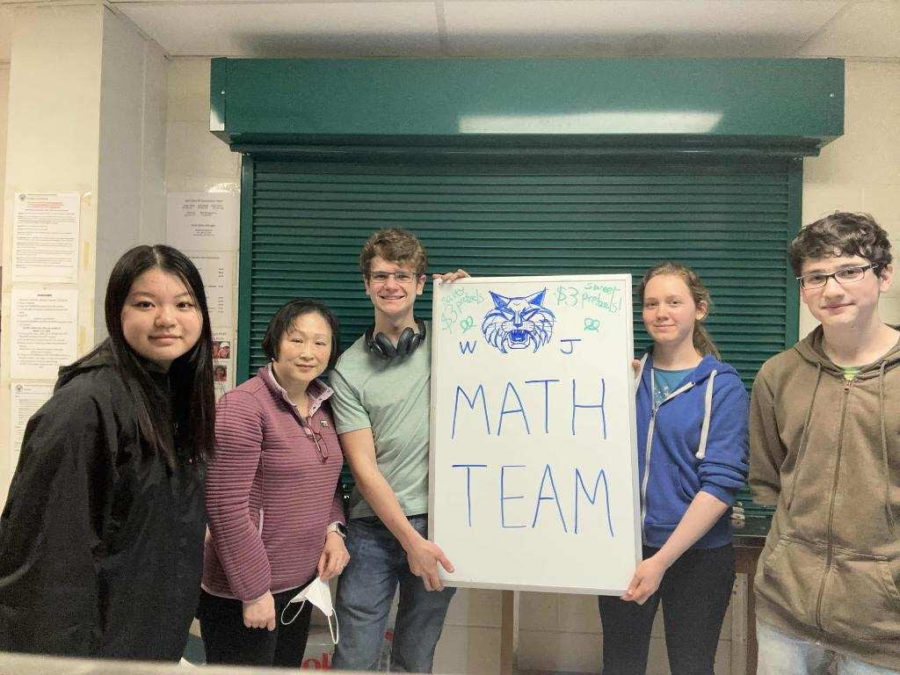

![“[It was] kind of [beneficial], I dont think a lot of students are really comfortable with talking to adults most of the time.” Clifford Hubbard, 9.](https://www.wjpitch.com/wp-content/uploads/2023/03/iQXjwa3JmL5CPVioYA7jn8DAPLzBoB5nJ1aIweYa-675x900.jpg)
